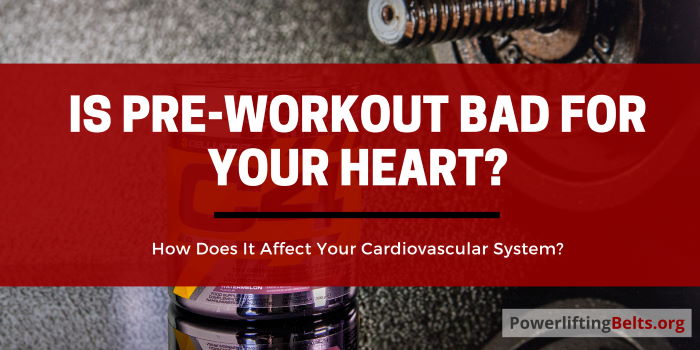
Pre-workouts are often considered to be a quick fix for energy for workouts. You might be tempted to have a little boost of energy if you wish to enhance your exercise performance. However, how might these supplements affect your heart health?
If you’ve never checked the ingredients list before now might be a good moment to start. Some companies keep a reasonable limit on their caffeine levels. But the desire to have the strongest, most extreme supplement on the marketplace has led to extreme amounts of stimulants, that may result in potential dangers for consumers.
Pre-workout And Your Heart
Pre-workouts boost blood circulation to your muscles and raise your heart rate for better results when exercising. They are somewhat similar to energy drinks, which can provide you with long-term energy levels, and motivation, and push you further during your gym routine.
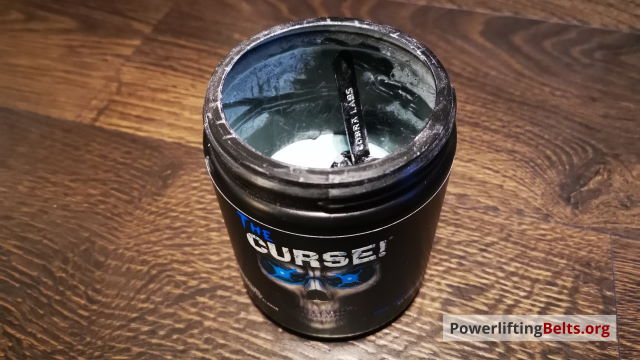
Many of their ingredients have been shown to increase physical performance and improve endurance during exercise. They are particularly useful for your athletic performance during high-intensity interval training (HIIT) workouts and can help with your endurance for longer, steadier exercise sessions like running or swimming.
But these supplements are not without their side effects. Especially if they are consumed in excessive amounts or in ways that they are not intended to be used. For example, the recent trend of dry-scooping can be particularly dangerous. This is because the supplement is consumed in its undiluted form so the effects are enhanced.
How Excessive Caffeine Affects the Heart
Caffeinated drinks aren’t harmful to your health if consumed in moderation. It’s safe for most people to drink up to 400 milligrams of caffeine each day. That’s the amount of caffeine in roughly 4 cups of regular coffee or about the caffeine content in almost 5 cups of espresso.
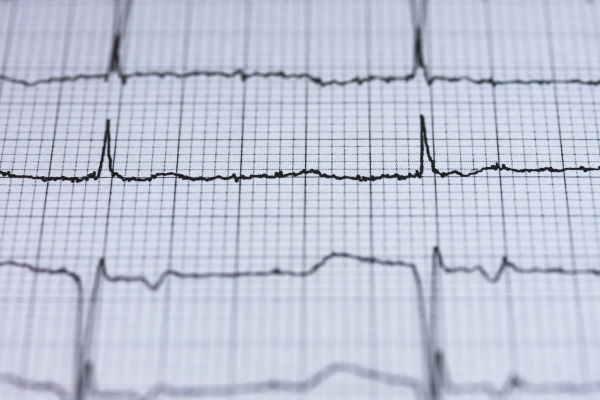
Most supplements, energy drinks, and other workout-focused products can contain amounts of caffeine that may be far too high for the average person to consume in just one sitting. Many of the popular pre-workout supplements exceed the recommended daily intake of caffeine by the U.S. Department of Agriculture (USDA). Cellucor C4 will is better for the heart than some alternatives due to its caffeine content.
Taking large amounts of caffeinated products before working out can cause several health risks, including increasing your blood pressure (hypertension) levels, which raises your risk for a stroke, heart attack, or a cardiovascular event. It may also cause palpitations and other cardiac arrhythmias. There are different effects for each individual, so it’s important to talk to your primary care physician or a cardiologist before starting any new exercise program or supplementing with stimulant-filled products.
How Pre-Workout Ingredients Affect Your Cardiovascular System
Pre-workout supplements have ingredients that may affect your cardiovascular system in many ways. Here are some of these common ingredients and their effects:
Caffeine
Caffeine is the key ingredient in the majority of pre-workouts. But what most people don’t realize is that some of these pre-workouts contain too much caffeine for most people. A lot of pre-workouts contain anywhere from 100-300mg of caffeine per serving. The higher amount is roughly equal to 3 cups of regular brewed coffee.

While this element may boost mental focus, cognition, and athletic ability, it can cause serious health problems if you consume large amounts of caffeine daily. Excessive caffeine intake can cause elevated blood pressure, insomnia, anxiety, and even heart palpitations.
In the longer term, this vasoconstriction of the blood vessels leading to high blood pressure can progress to hypertension. This is linked to many other cardiovascular issues.
If you’re looking to improve your workout performance, try avoiding pre-workout supplements containing more than 200mg of caffeine per serving, since this is about the same amount found in 1-2 of coffee. If you already suffer from high blood pressure, avoid pre-workout supplements that contain over 100mg of caffeine per serving due to the potential risks involved.
Vitamin B
Vitamin B can be found in foods such as seafood, poultry, and dairy products. Because they help produce energy, many pre-workout supplements contain B vitamins. These B vitamins then help athletes perform better during workouts.

A lack of vitamin B has been associated with heart palpitations. But if someone has no deficiencies in these nutrients, then taking supplements containing them is unlikely to help.
Exercise may increase the need for certain B vitamins, especially B2 and B6, but they’re not usually deficient in people who take supplements.
L-Arginine and L-Citrulline
If you increase your consumption of these two nutrients, they might help you perform better in weightlifting. Their main advantage is to promote vasodilation and the widening of blood vessels.
The amino acid L-arginine is one of the most important precursors of nitric oxide which relaxes and smooths out muscle cells to induce vasodilation of the arteries. Studies show that it can help with the symptoms of some heart issues.

Nitric Oxide is a chemical produced by the body that plays a role in many biological processes including neurotransmission, immune response, and regulation of blood pressure. This blood flow increase can also help with reducing amino acid degradation and increasing protein production in the body.
In recent studies, researchers have found that consuming arginine along with creatine monohydrate increased the number of participants who experienced significant improvements in strength, power output, and endurance during exercise.
Taurine
Taurine is one of the most important amino acids found in nature. This molecule helps regulate the amount of sodium and potassium ions in our bodies, helping us keep our fluids balanced.
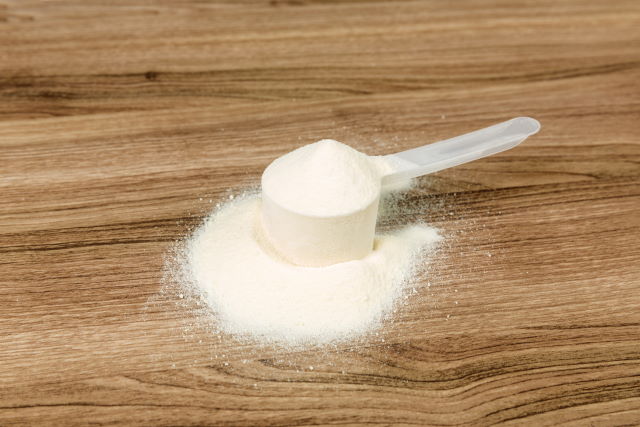
This amino acid is present in high concentrations in many types of meat and dairy products, but it is also found in vegetables such as spinach and broccoli.
Taurine is believed to help prevent fatigue during exercise by helping muscles recover faster between workouts. Alongside good nutrition, it can help with muscular strength by helping them produce stronger contractile forces.
Some people also take taurine for congestive heart failure and blood pressure regulation.
Yohimbine
Yohimbine is a natural plant extract found in the bark of the Yohimbe tree. It is used as a dietary supplement because it is believed to play a role in weight loss. Some studies suggest that this ingredient helps suppress appetite.
When Yohimbine is taken orally or within a pre-workout supplement, it may cause increased blood pressure and sympathetic nervous system responses in hypertensive individuals. However, people who don’t suffer from high blood pressure are just as sensitive to its side-effect as those who do.
Before considering a supplement with Yohimbe, you should consult your physician if you have high blood pressure, sympathetic nervous system disorder, or take antidepressants.
How Bad Is Too Much Caffeine?
In 2016, a teenage boy from South Carolina died after drinking three different caffeinated drinks in less than two hours. Without any pre-existing health conditions, he died from a caffeine-related cardiac arrest.
This is an isolated incident and is certainly not definitive proof that drinking too much coffee leads to serious health risks. However, the total amount of caffeine ingested by the teenage boy was reportedly measured at 470 mg.
That amount is not much more than one scoop of the Hyde Xtreme pre-workout!
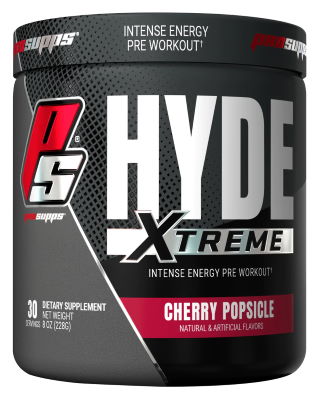
Keeping Your Heart Safe During Exercise
You need to be aware that when you include nutritional supplementation into your workout regimen, you’re taking medication that has side effects. Because dietary supplement companies don’t have to prove their products’ safety before they’re sold, we often can’t be certain exactly what effect those products might have on our hearts.
When possible, eat healthy foods as an integral component of your overall health regimen, and talk to your primary care physician or cardiologist if you’re concerned about how your exercise routine may affect your cardiovascular system.
Final Thoughts – Pre-Workout Powder and Heart Health
Make sure you’re smart about your pre-exercise choices. If you’re looking for something to perk you up without resorting too much to caffeine, then a cup of coffee with an optional teaspoon of sugar may be just the thing. If not, pick a pre-workout that fits into your lifestyle without adding too much extra caffeine to your daily intake.
Leave A Comment